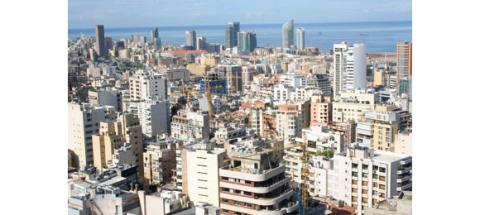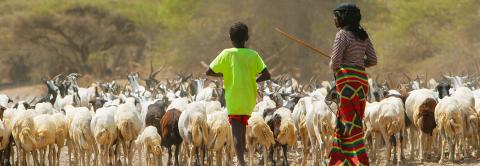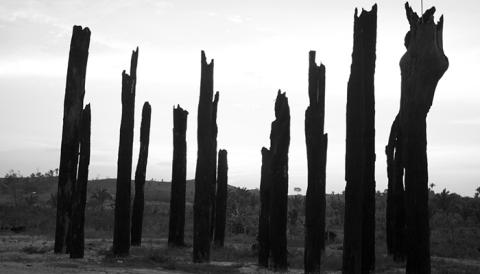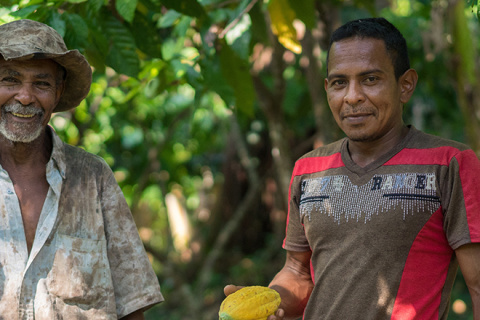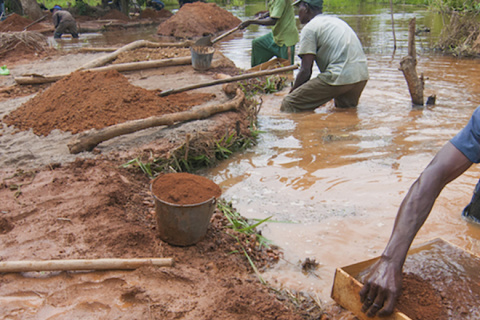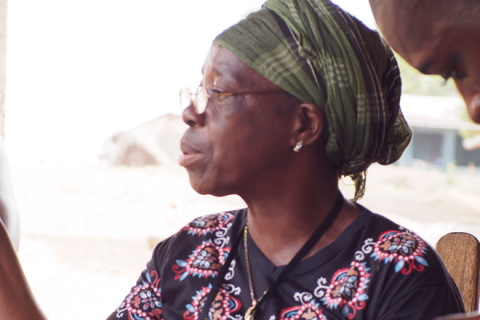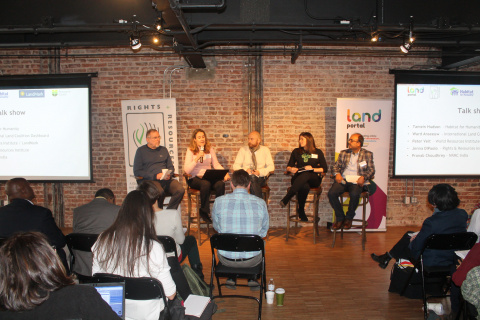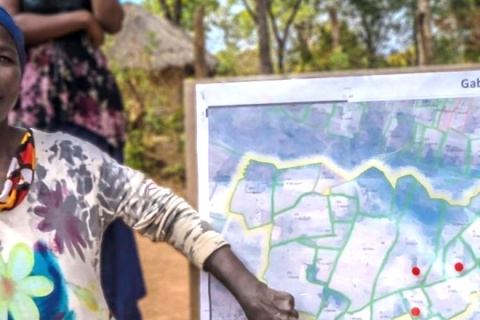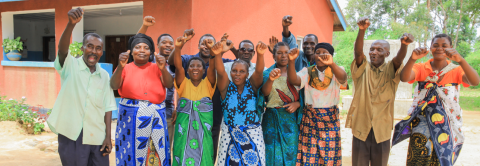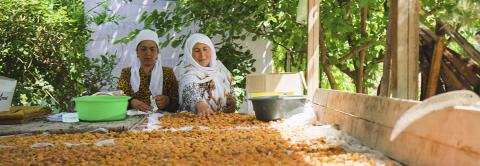Discover hidden stories and unheard voices on land governance issues from around the world. This is where the Land Portal community shares activities, experiences, challenges and successes.
 Follow our
Follow our
Sustainable Development Goals
Blog Series!
Interested in land corruption?
Follow our Land & Corruption Blog Series
for in-depth perspectives from the experts.
Issues
Geographical focus
Imagine you're a local sustainability officer developing an initiative to reduce emissions. But you don't know how many emissions the city produces, or where they're coming from. You don't know who the city's biggest energy users are, how many cars are on the road, or the amount of waste produced every year. And even if you can set goals for reducing emissions, you have no way of measuring progress against them.
New technology has unleashed a wave of opportunities to secure formal land rights for hundreds of millions of people, but it is not a solve-all solution in countries with weak institutions, said a senior World Bank economist.
Satellite imagery, drones, cloud computing and blockchain are among technologies with the potential to help many of the world’s more than 1 billion people estimated to lack secure property rights, said the World Bank’s Klaus Deininger.
First global benchmark for measuring and reporting land information aims to improve tenure security and enable fair compensation
The potential for conflicts related to large-scale land acquisitions could be cut down significantly if seven key pieces of information are included in every property transaction, land professionals say.
Desde la invasión de las Américas –lo que es conocido como “descubrimiento” – por los colonizadores europeos, el conflicto por la tierra siempre fue una constante en la historia de estos territorios. Indígenas, pueblos originarios, campesinos y comunidades quilombolas[1], entre otros actores que luchan por el derecho a la tierra, son el cuerpo resistente al proceso de colonización que nunca terminó.
The history of land rights in Colombia is a centuries-old tale of colonialism, highly concentrated land ownership and unsuccessful agrarian reforms. Fifty years of civil strife have left vast sections of the country’s land undocumented, vulnerable to land record manipulation and outright lawlessness.
The artisanal mining sector in West and Central Africa is a rapidly expanding economic force employing millions of young people, often those who are the most vulnerable. Numerous ancillary informal economies are associated with the export of what are commonly known as “conflict minerals” such as diamonds, gold and coltan. Women grow crops and process food for the labor force of young men digging deep into the ground to pull out the ore and precious metals and stones.
Addressing gender disparities in the context of land reforms is not easy. Effectively addressing gender issues takes time and effort, which can sometimes make it more expensive in the initial stages of a project or program. However, evidence shows that integrating gender throughout land reform interventions not only increases benefits for women, but strengthens the intervention overall. Meaningfully including gender into land reform approaches often requires a change in behavior among decision-makers and program participants that, in some cases, may take years, even decades.
After years of efforts, land rights are finally getting global attention. With several land-related indicators included in the Sustainable Development Goals, the land sector now has the unique opportunity to create an unprecedented momentum around land tenure issues and bring it to a higher level on the development agenda. Our goal is, of course, to contribute to the success of the SDGs, but also to be part of sustainable development in its real and practical sense!
Much of the world’s rural landscapes are technically managed by national governments with limited recognition of, or support for, the rights and management responsibilities of the rural poor who live in these areas. In an era of large-scale land acquisitions for global commodity production, this has led, in some cases, to governments allocating vast tracts of land and resources to companies with limited or no consultation of the people affected.
As part of the Feed the Future initiative, USAID is helping the Government of Tanzania to improve communities’ understanding of land rights, support village land use planning, and clarify, document and certify property rights.
Tajikistan is on the cusp of achieving its vision of a fully-functional market that allows land-use rights to be bought and sold. The transition from a post-Soviet system of regulation and control to market-based principles represents the culmination of over a decade of donor-supported commitment and effort to unlock significant economic growth potential in Tajikistan and support the country’s transition away from donor assistance.
For hundreds of years, pastoralists in Ethiopia’s lowlands have relied on strong customary land tenure systems to survive. Historically, legislation has failed to clearly define communal rights to rangelands, and the specific roles and responsibilities for both communities and local government to administer and manage these resources. This legislative deficiency prevented pastoral communities from fully exercising their constitutional rights to land (Ethiopia’s Constitution broadly recognizes pastoral communities’ right to access land and prevents their involuntary displacement).

